TruthVid's 100 Proofs that the Israelites were White, Part 75: 98, Parthian Role and Interest in First Century BC Judaea. Why Josephus Wrote Wars, and for Whom, The Identification of the Magi
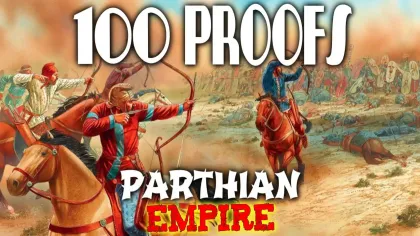
TruthVid's 100 Proofs that the Israelites were White, Part 75
Having finished our exposition on the linguistic connections between Hebrew and some of the languages of Europe, primarily English, there are only a handful of proofs left in our list. So now we will turn to another aspect of history, which is the relationship between the Parthians and Judaeans which predates Roman times, and then after discussing the identity of the Magi we shall move on to discuss various archaeological proofs of the ethnicity of the Israelites, that they were indeed White. There are at least four, traditionally five, and possibly more magi mentioned or referred to in the New Testament, and all of them are portrayed as Judaeans, or as having special knowledge of certain of the affairs relating to Judaea. In the end, I will also make a few assertions here with implications that I have restrained myself from making in the past, but some of them do have multiple witnesses even if the entire picture is not as complete as I would prefer.
98) Parthian role and interest in first century BC Judaea. Why Josephus wrote Wars, and for whom, and the interest which Josephus maintained in Parthia up through the end of his histories. The identification of the Magi.
Before discussing the Parthians and their interest in the history of Judaea in Roman times, perhaps we should first have some background on Parthia, and also on neighboring Hyrcania, as Hyrcanus was a name taken by several of the Hasamonaean high priests even a hundred years before Rome became involved in Judaea, and I doubt that is a coincidence. The name Hyrcanus, as it is applied to the high priest which we know by that name, is known only from Josephus, but not from Maccabees where he is referred to only as John the son of Simon. However there is also a later high priest named John Hyrcanus, who was slain by Herod in 30 BC, and in 2 Maccabees 3:11 another Hyrcanus is named, the son of Tobias, so the name Hyrcanus is not unusual in Judaea.

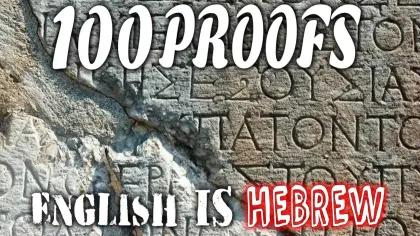
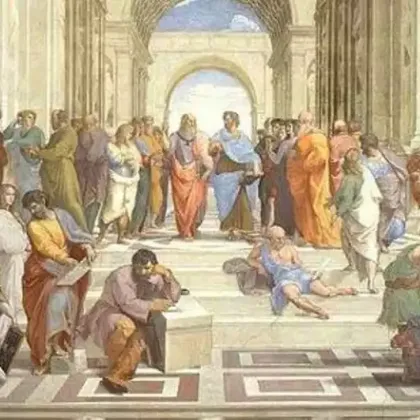
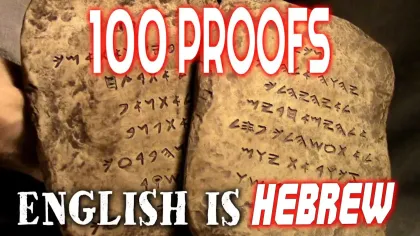
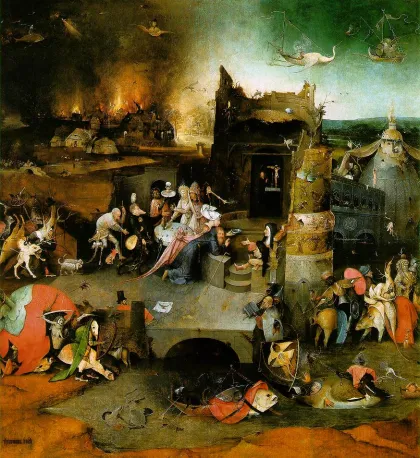
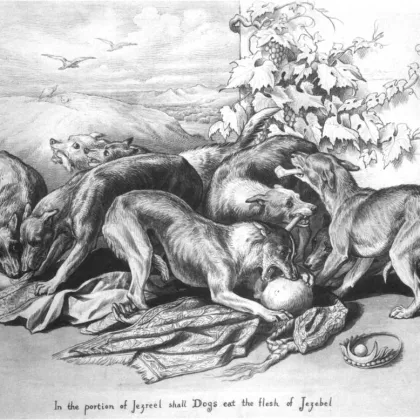




 Please click here for our mailing list sign-up page.
Please click here for our mailing list sign-up page.








Recent comments